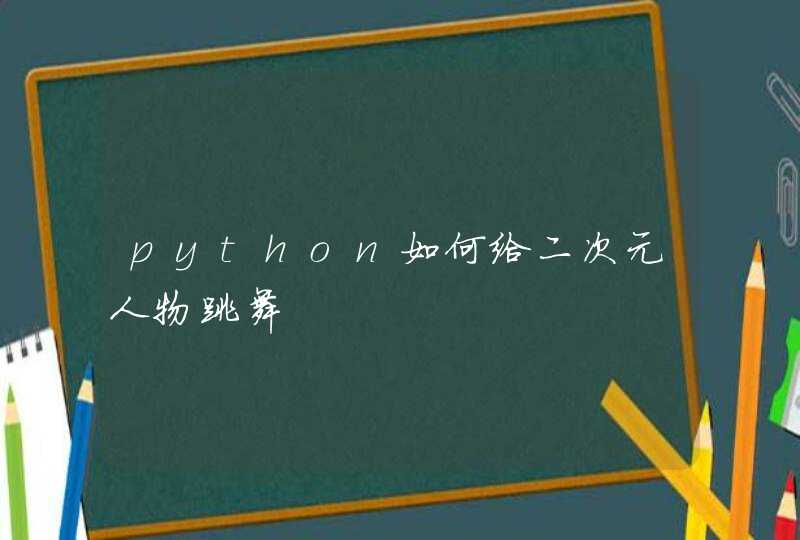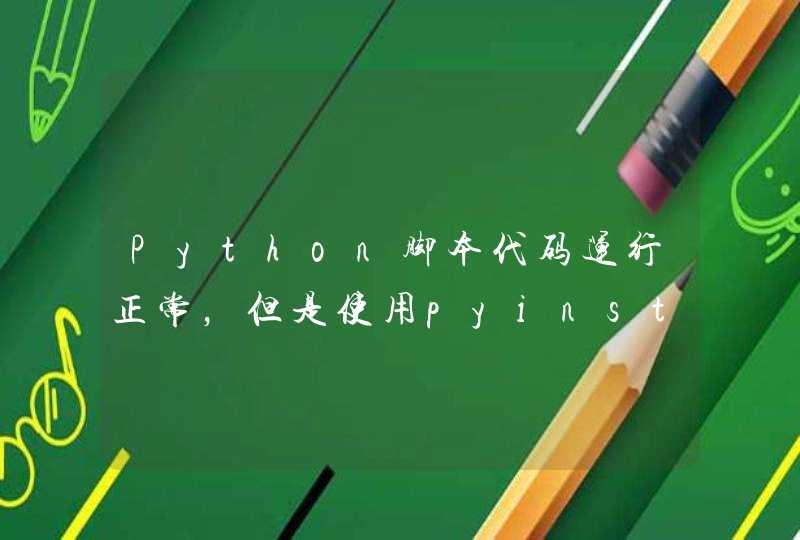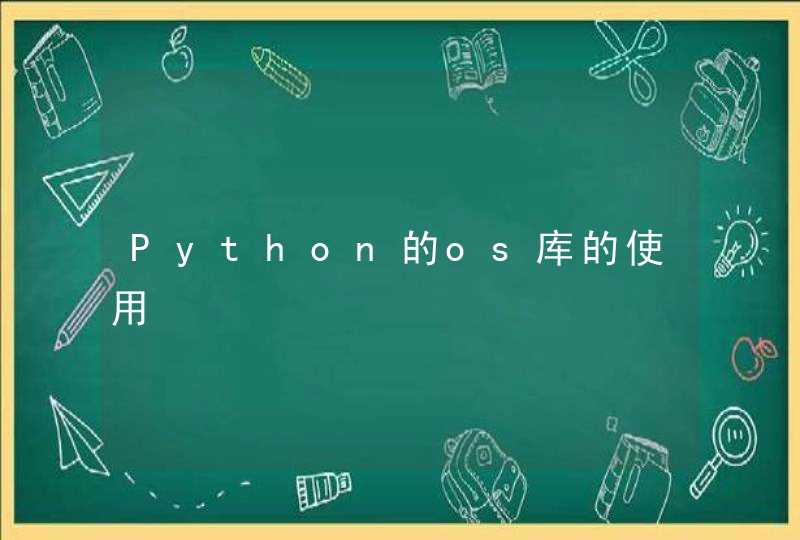
功 能: 在串中查找指定字符的最后一个出现
用 法: char *strrchr(char *str, char c)
举例:
[cpp] view plain copy
char fullname="./lib/lib1.so"
char *ptr
ptr = strrchr(fullname,'/')
printf("filename is %s",++ptr)
//运行结果:filename is lib1.so
函数名: strchr
功 能: 在串中查找指定字符的第一个出现
用 法: char *strchr(char *str, char c)
举例:
[cpp] view plain copy
char fullname="./lib/lib1.so"
char *ptr
ptr = strrchr(fullname,'.')
printf("after strchr() is %s",++ptr)
//运行结果:after strchr() is /lib/lib1.so
函数名: strtok
功 能: 在串中查找指定字符的第一个出现
用 法: char *strtok(char *s, char *delim)
说明:
1.strtok函数的实质上的处理是,strtok在s中查找包含在delim中的字符并用NULL(’/0′)来替换,直到找遍整个字符串。这句话有两层含义:(1)每次调用strtok函数只能获得一个分割单位。(2)要获得所有的分割单元必须反复调用strtok函数。
2.strtok函数以后的调用时的需用NULL来替换s.
3.形参s(要分割的字符串)对应的变量应用char s[]=”….”形式,而不能用char *s=”….”形式。
举例:
[cpp] view plain copy
void main()
{
char buf[]=”Golden Global View”
char* token = strtok( buf, ” “)
while( token != NULL )
{
printf( ”%s “, token )
token = strtok( NULL, ” “)
}
return 0
}
/*其结果为:
Golden
Global
View
*/
函数名:strncpy
功能:把src所指由NULL结束的字符串的前n个字节复制到dest所指的数组中
用法:char *strncpy(char *dest, char *src, int n)
说明:
如果src的前n个字节不含NULL字符,则结果不会以NULL字符结束。
如果src的长度小于n个字节,则以NULL填充dest直到复制完n个字节。
src和dest所指内存区域不可以重叠且dest必须有足够的空间来容纳src的字符串。
返回指向dest的指针。
举例:
[c-sharp] view plain copy
#include <syslib.h>
#include <string.h>
main()
{
char buf[4]
char *s="abcdefg"
strncpy(buf,s,4)
printf("%s/n",buf)
return 0
}
/*运行结果:
abcd
*/
函数名: stpcpy
功 能: 拷贝一个字符串到另一个
用 法: char *stpcpy(char *destin, char *source)
举例:
[cpp] view plain copy
#include <stdio.h>
#include <string.h>
int main(void)
{
char string[10]
char *str1 = "abcdefghi"
stpcpy(string, str1)
printf("%s/n", string)
return 0
}
/*运行结果
abcdefghi
*/
函数名: strcat
功 能: 字符串拼接函数
用 法: char *strcat(char *destin, char *source)
举例:
[cpp] view plain copy
#include <string.h>
#include <stdio.h>
int main(void)
{
char destination[25]
char *blank = " ", *c = "C++", *Borland = "Borland"
strcpy(destination, Borland)
strcat(destination, blank)
strcat(destination, c)
printf("%s/n", destination)
return 0
}
/*运行结果:
Borland C++
*/
函数名: strcmp
功 能: 串比较
用 法: int strcmp(char *str1, char *str2)
看Asic码,str1>str2,返回值 >0;两串相等,返回0
举例:
[cpp] view plain copy
#include <string.h>
#include <stdio.h>
int main(void)
{
char *buf1 = "aaa", *buf2 = "bbb";
int ptr
ptr = strcmp(buf2, buf1)
if (ptr >0)
printf("buffer 2 is greater than buffer 1/n")
else if(ptr <0)
printf("buffer 2 is less than buffer 1/n")
else
printf("buffer 2 is equal with buffer 1/n")
return 0
}
/*运行结果:
buffer 2 is greater than buffer 1
*/
函数名: strncmpi
功 能: 将一个串中的一部分与另一个串比较, 不管大小写
用 法: int strncmpi(char *str1, char *str2, unsigned maxlen)
举例:
[cpp] view plain copy
#include <string.h>
#include <stdio.h>
int main(void)
{
char *buf1 = "BBB", *buf2 = "bbb"
int ptr
ptr = strcmpi(buf2, buf1)
if (ptr >0)
printf("buffer 2 is greater than buffer 1/n")
if (ptr <0)
printf("buffer 2 is less than buffer 1/n")
if (ptr == 0)
printf("buffer 2 equals buffer 1/n")
return 0
}
函数名: strcspn
功 能: 在串中查找第一个给定字符集内容的段
用 法: int strcspn(char *str1, char *str2)
举例:
[cpp] view plain copy
#include <stdio.h>
#include <string.h>
#include <alloc.h>
int main(void)
{
char *string1 = "1234567890"
char *string2 = "747DC8"
int length
length = strcspn(string1, string2)
printf("Character where strings intersect is at position %d/n", length)
return 0
}
函数名: strdup
功 能: 将串拷贝到新建的位置处
用 法: char *strdup(char *str)
举例:
[cpp] view plain copy
#include <stdio.h>
#include <string.h>
#include <alloc.h>
int main(void)
{
char *dup_str, *string = "abcde"
dup_str = strdup(string)
printf("%s/n", dup_str)
free(dup_str)
return 0
}
函数名: stricmp
功 能: 以大小写不敏感方式比较两个串
用 法: int stricmp(char *str1, char *str2)
举例:
[cpp] view plain copy
#include <string.h>
#include <stdio.h>
int main(void)
{
char *buf1 = "BBB", *buf2 = "bbb"
int ptr
ptr = stricmp(buf2, buf1)
if (ptr >0)
printf("buffer 2 is greater than buffer 1/n")
if (ptr <0)
printf("buffer 2 is less than buffer 1/n")
if (ptr == 0)
printf("buffer 2 equals buffer 1/n")
return 0
}
函数名: strerror
功 能: 返回指向错误信息字符串的指针
用 法: char *strerror(int errnum)
举例:
[cpp] view plain copy
#include <stdio.h>
#include <errno.h>
int main(void)
{
char *buffer
buffer = strerror(errno)
printf("Error: %s/n", buffer)
return 0
}
函数名: strncmp
功 能: 串比较
用 法: int strncmp(char *str1, char *str2, int maxlen)
举例:
[cpp] view plain copy
#include <string.h>
#include <stdio.h>
int main(void)
{
char *buf1 = "aaabbb", *buf2 = "bbbccc", *buf3 = "ccc"
int ptr
ptr = strncmp(buf2,buf1,3)
if (ptr >0)
printf("buffer 2 is greater than buffer 1/n")
else
printf("buffer 2 is less than buffer 1/n")
ptr = strncmp(buf2,buf3,3)
if (ptr >0)
printf("buffer 2 is greater than buffer 3/n")
else
printf("buffer 2 is less than buffer 3/n")
return(0)
}
函数名: strncmpi
功 能: 把串中的一部分与另一串中的一部分比较, 不管大小写
用 法: int strncmpi(char *str1, char *str2, int len)
举例:
[cpp] view plain copy
#include <string.h>
#include <stdio.h>
int main(void)
{
char *buf1 = "BBBccc", *buf2 = "bbbccc"
int ptr
ptr = strncmpi(buf2,buf1,3)
if (ptr >0)
printf("buffer 2 is greater than buffer 1/n")
if (ptr <0)
printf("buffer 2 is less than buffer 1/n")
if (ptr == 0)
printf("buffer 2 equals buffer 1/n")
return 0
}
函数名: strnset
功 能: 将一个串中的所有字符都设为指定字符
用 法: char *strnset(char *str, char ch, unsigned n)
举例:
[cpp] view plain copy
#include <stdio.h>
#include <string.h>
int main(void)
{
char *string = "abcdefghijklmnopqrstuvwxyz"
char letter = 'x'
printf("string before strnset: %s/n", string)
strnset(string, letter, 13)
printf("string after strnset: %s/n", string)
return 0
}
函数名: strpbrk
功 能: 在串中查找给定字符集中的字符
用 法: char *strpbrk(char *str1, char *str2)
举例:
[cpp] view plain copy
#include <stdio.h>
#include <string.h>
int main(void)
{
char *string1 = "abcdefghijklmnopqrstuvwxyz"
char *string2 = "onm"
char *ptr
ptr = strpbrk(string1, string2)
if (ptr)
printf("strpbrk found first character: %c/n", *ptr)
else
printf("strpbrk didn't find character in set/n")
return 0
}
函数名: strrev
功 能: 串倒转
用 法: char *strrev(char *str)
举例:
[cpp] view plain copy
#include <string.h>
#include <stdio.h>
int main(void)
{
char *forward = "string"
printf("Before strrev(): %s/n", forward)
strrev(forward)
printf("After strrev(): %s/n", forward)
return 0
}
/*运行结果:
Before strrev(): string
After strrev(): gnirts
*/
函数名: strstr
功 能: 在串中查找指定字符串的第一次出现
用 法: char *strstr(char *str1, char *str2)
举例:
[cpp] view plain copy
#include <stdio.h>
#include <string.h>
int main(void)
{
char *str1 = "Borland International", *str2 = "nation", *ptr
ptr = strstr(str1, str2)
printf("The substring is: %s/n", ptr)
return 0
}
函数名: strtod
功 能: 将字符串转换为double型值
用 法: double strtod(char *str, char **endptr)
举例:
[cpp] view plain copy
#include <stdio.h>
#include <stdlib.h>
int main(void)
{
char input[80], *endptr
double value
printf("Enter a floating point number:")
gets(input)
value = strtod(input, &endptr)
printf("The string is %s the number is %lf/n", input, value)
return 0
}
函数名: strtol
功 能: 将串转换为长整数
用 法: long strtol(char *str, char **endptr, int base)
举例:
[cpp] view plain copy
#include <stdlib.h>
#include <stdio.h>
int main(void)
{
char *string = "87654321", *endptr
long lnumber
/* strtol converts string to long integer */
lnumber = strtol(string, &endptr, 10)
printf("string = %s long = %ld/n", string, lnumber)
return 0
}
函数名: strupr
功 能: 将串中的小写字母转换为大写字母
用 法: char *strupr(char *str)
举例:
[cpp] view plain copy
#include <stdio.h>
#include <string.h>
int main(void)
{
char *string = "abcdefghijklmnopqrstuvwxyz", *ptr
/* converts string to upper case characters */
ptr = strupr(string)
printf("%s/n", ptr)
return 0
}
1)字符串操作strcpy(p, p1) 复制字符串
strncpy(p, p1, n) 复制指定长度字符串
strcat(p, p1) 附加字符串
strncat(p, p1, n) 附加指定长度字符串
strlen(p) 取字符串长度
strcmp(p, p1) 比较字符串
strcasecmp忽略大小写比较字符串
strncmp(p, p1, n) 比较指定长度字符串
strchr(p, c) 在字符串中查找指定字符
strrchr(p, c) 在字符串中反向查找
strstr(p, p1) 查找字符串
strpbrk(p, p1) 以目标字符串的所有字符作为集合,在当前字符串查找该集合的任一元素
strspn(p, p1) 以目标字符串的所有字符作为集合,在当前字符串查找不属于该集合的任一元素的偏移
strcspn(p, p1) 以目标字符串的所有字符作为集合,在当前字符串查找属于该集合的任一元素的偏移
* 具有指定长度的字符串处理函数在已处理的字符串之后填补零结尾符
2)字符串到数值类型的转换
strtod(p, ppend) 从字符串 p 中转换 double 类型数值,并将后续的字符串指针存储到 ppend 指向的 char* 类型存储。
strtol(p, ppend, base) 从字符串 p 中转换 long 类型整型数值,base 显式设置转换的整型进制,设置为 0 以根据特定格式判断所用进制,0x, 0X 前缀以解释为十六进制格式整型,0前缀以解释为八进制格式整型
atoi(p) 字符串转换到 int 整型
atof(p) 字符串转换到 double 符点数
atol(p) 字符串转换到 long 整型
3)字符检查
isalpha() 检查是否为字母字符
isupper() 检查是否为大写字母字符
islower() 检查是否为小写字母字符
isdigit() 检查是否为数字
isxdigit() 检查是否为十六进制数字表示的有效字符
isspace() 检查是否为空格类型字符
iscntrl() 检查是否为控制字符
ispunct() 检查是否为标点符号
isalnum() 检查是否为字母和数字
isprint() 检查是否是可打印字符
isgraph() 检查是否是图形字符,等效于 isalnum() | ispunct()




































































